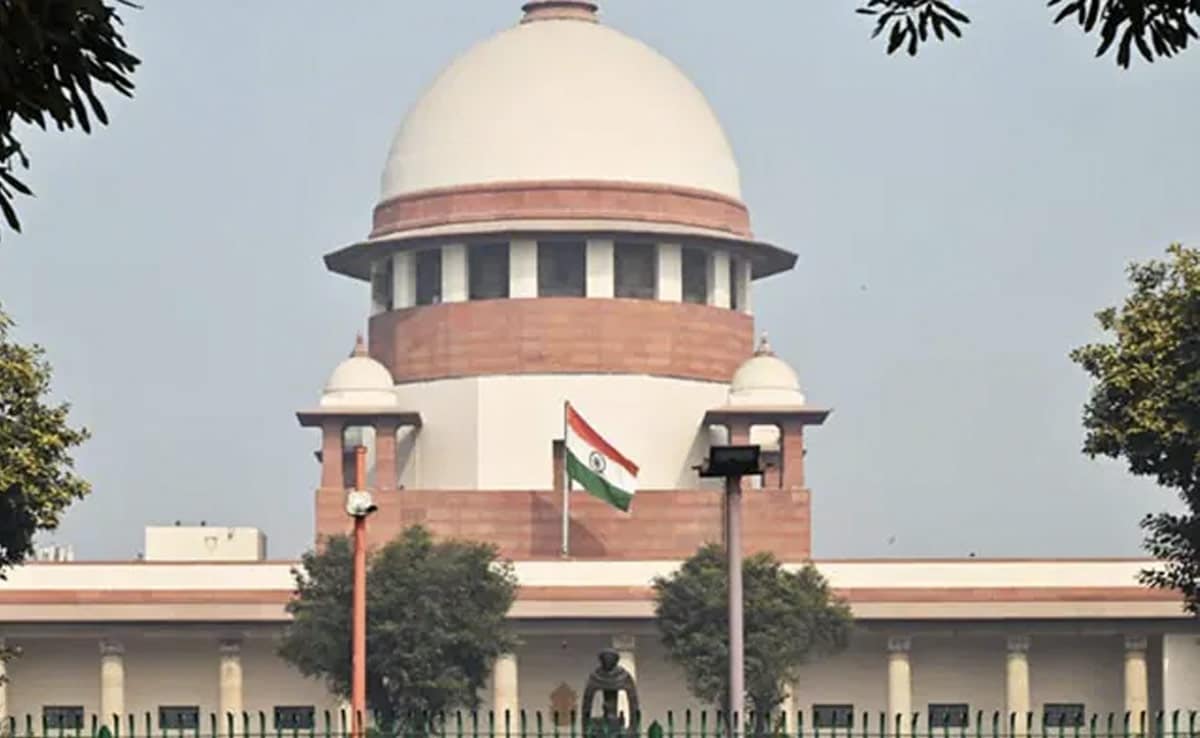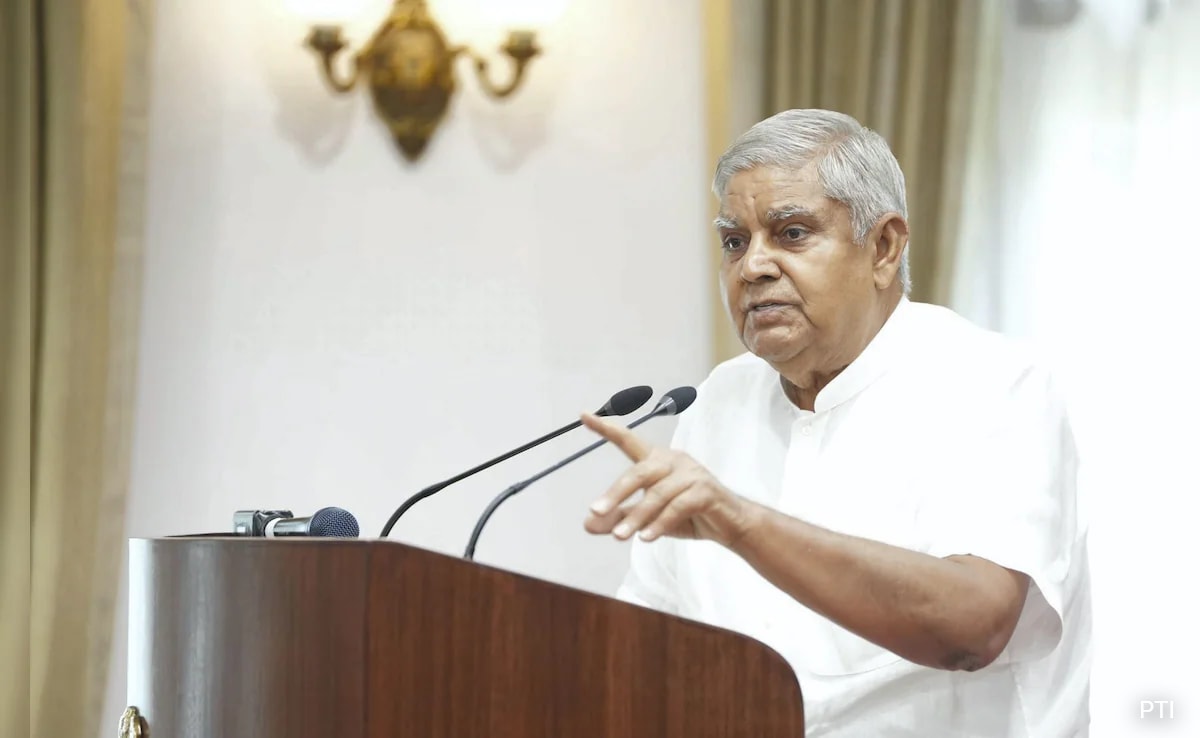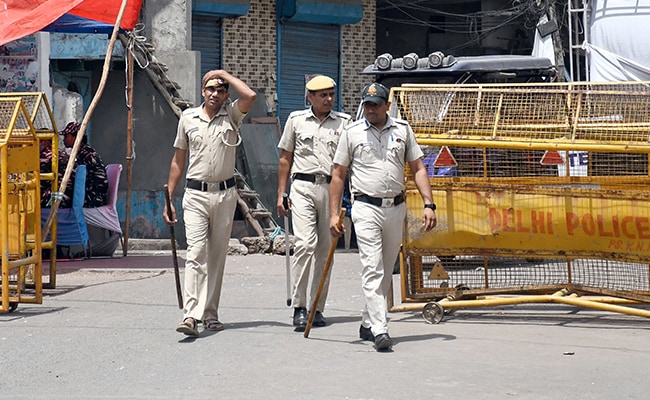The Supreme Court has ordered the Provincial Armed Constabulary (PAC) authorities in Uttar Pradesh to appoint a man, whose selection was cancelled in 2005 for allegedly concealing information about a criminal case against him, as a constable.
The Supreme Court noted that when the man had applied for the job on February 12, 2004, there was no criminal case registered or pending against him. However, five days after submitting the application, he got implicated in a criminal case in which he was subsequently acquitted by the trial court in September 2004.
“Broad-brushing every non-disclosure as a disqualification will be unjust and the same will tantamount to being completely oblivious to the ground realities obtaining in this great, vast and diverse country,” a bench of justices J K Maheshwari and K V Viswanathan said in its verdict delivered on Thursday.
The bench noted that the man, after being selected, was required to submit an affidavit disclosing criminal antecedents, if any, and he furnished the same on October 30, 2004 in which he stated that no criminal case has ever been registered against him.
It also noted that no appeal was filed against the trial court order acquitting him in the case.
The top court set aside the October 2010 verdict of the Allahabad High Court which had dismissed his appeal against a single judge order which held that his subsequent acquittal in the case did not absolve him of the wrong he had committed by suppressing material information.
“On the facts of the case and in the backdrop of the special circumstances set out hereinabove, where does the non-disclosure of the unfortunate criminal case, (which too ended in acquittal), stand in the scheme of things? In our opinion on the peculiar facts of the case, we do not think it can be deemed fatal for the appellant (Ravindra Kumar),” the top court said.
It said each case will depend on the facts and circumstances that prevail thereon, and the court will have to take a holistic view, based on objective criteria with the available precedents serving as a guide.
“It can never be a one-size-fits-all scenario,” the bench said.
While allowing the appeal filed by the man, the bench set aside the orders of the single judge as well as the division bench of the high court.
It also cancelled the April 12, 2005 order of the commandant 27th Battalion, Provincial Armed Constabulary (PAC), Sitapur cancelling his selection and directed the authorities to appoint him as constable.
“We make it clear that the appellant will not be entitled for the arrears of salary for the period during which he has not served the force. At the same time, we direct that the appellant will be entitled for all notional benefits, including pay, seniority and other consequential benefits,” it said.
During the arguments in the top court, the counsel representing the appellant said there was no wilful concealment as at the time of submission of the application form on February 12, 2004, there was no criminal case pending against him.
The lawyer argued that the appellant was acquitted before he filed the affidavit on October 30, 2004, and since no criminal case was pending at that time, he was under a bonafide belief that there was no requirement to disclose.
“The vexed question is back again. Is it a hard and fast and a cut-and-dried rule that, in all circumstances, non-disclosure of a criminal case (in which the candidate is acquitted) in the verification form is fatal for the candidate’s employment? We think not and it ought not to be so too. Fortunately, we have a judicial chorus supporting our view,” the bench noted.
It also noted that the verification report, after noticing the criminal case and the subsequent acquittal, stated that his character was good, no complaints were found against him and his general reputation was good.














